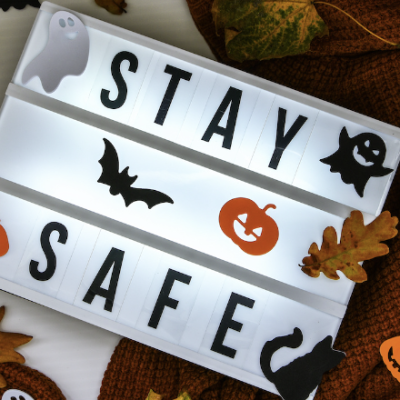Safe Winter Driving
Monday, December 5, 2016 OSHA
Safe Winter Driving
Safe Winter Driving Winter driving can be hazardous and scary, especially in northern regions that get a lot of snow and ice. Additional preparations can help make a trip safer, or help motorists deal with an emergency. This sheet provides safety information to your residents to help prevent motor vehicle injuries due to winter storms.
The three P’s of Safe Winter Driving: PREPARE for the trip; PROTECT yourself; and PREVENT crashes on the road.
PREPARE
Maintain Your Car: Check battery, tire tread, and windshield wipers, keep your windows clear, put no-freeze fluid in the washer reservoir, and check your antifreeze. Have On Hand: flashlight, jumper cables, abrasive material (sand, kitty litter, even floor mats), shovel, snow brush and ice scraper, warning devices (like flares) and blankets. For long trips, add food and water, medication and cell phone. Stopped or Stalled? Stay in your car, don’t overexert, put bright markers on antenna or windows and shine dome light, and, if you run your car, clear exhaust pipe and run it just enough to stay warm. Plan Your route: Allow plenty of time (check the weather and leave early if necessary), be familiar with the maps/ directions, and let others know your route and arrival time. Practice Cold Weather Driving! * During the daylight, rehearse maneuvers slowly on ice or snow in an empty lot. * Steer into a skid. * Know what your brakes will do: stomp on antilock brakes, pump on non-antilock brakes. * Stopping distances are longer on water-covered ice and ice. * Don’t idle for a long time with the windows up or in an enclosed space.
PROTECTYOURSELF
* Buckle up and use child safety seats properly. * Never place a rear-facing infant seat in front of an air bag. * Children 12 and under are much safer in the back seat.
PREVENT CRASHES
* Drugs and alcohol never mix with driving. * Slow down and increase distances between cars. * Keep your eyes open for pedestrians walking in the road. * Avoid fatigue – Get plenty of rest before the trip, stop at least every three hours, and rotate drivers if possible. * If you are planning to drink, designate a sober driver.
Source: www.osha.gov




